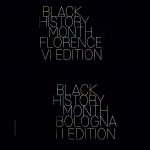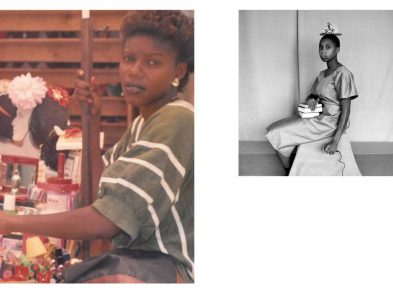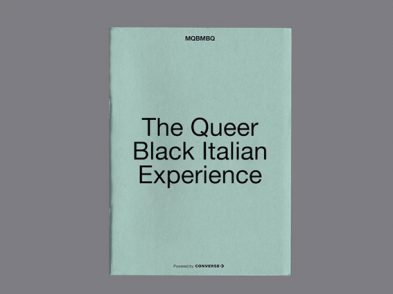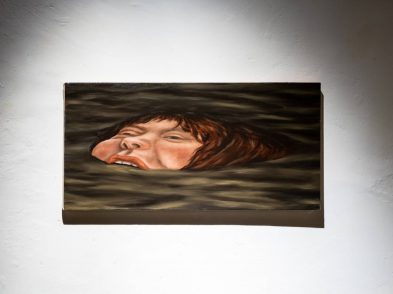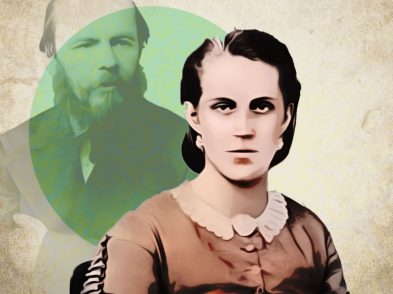Prendere fischi per fiaschi means confusing one thing for another, a phenomenon frequently rooted in listening with specific expectations in mind, or not really listening at all. Today, our theories and aspirations seek transformation from the eloquence of what could be into a practice that fosters stamina in combatting racial injustice and historically cemented imbalance. Our individual relationships to precarity exacerbate a longstanding call to recalibrate values and to reconsider the role of our education systems in advocating for equity. Acknowledging defective social underpinnings nourishes alternative forms of pedagogy, but awareness alone is sadly not enough. We need not a reorientation around Blackness and its relationship with “Italianness”, but a deorientation and disruption of the values framing our interactions, art historical canons and leaders. We must appreciate our own positions in anti-racist activism in their most basic form: accountability.
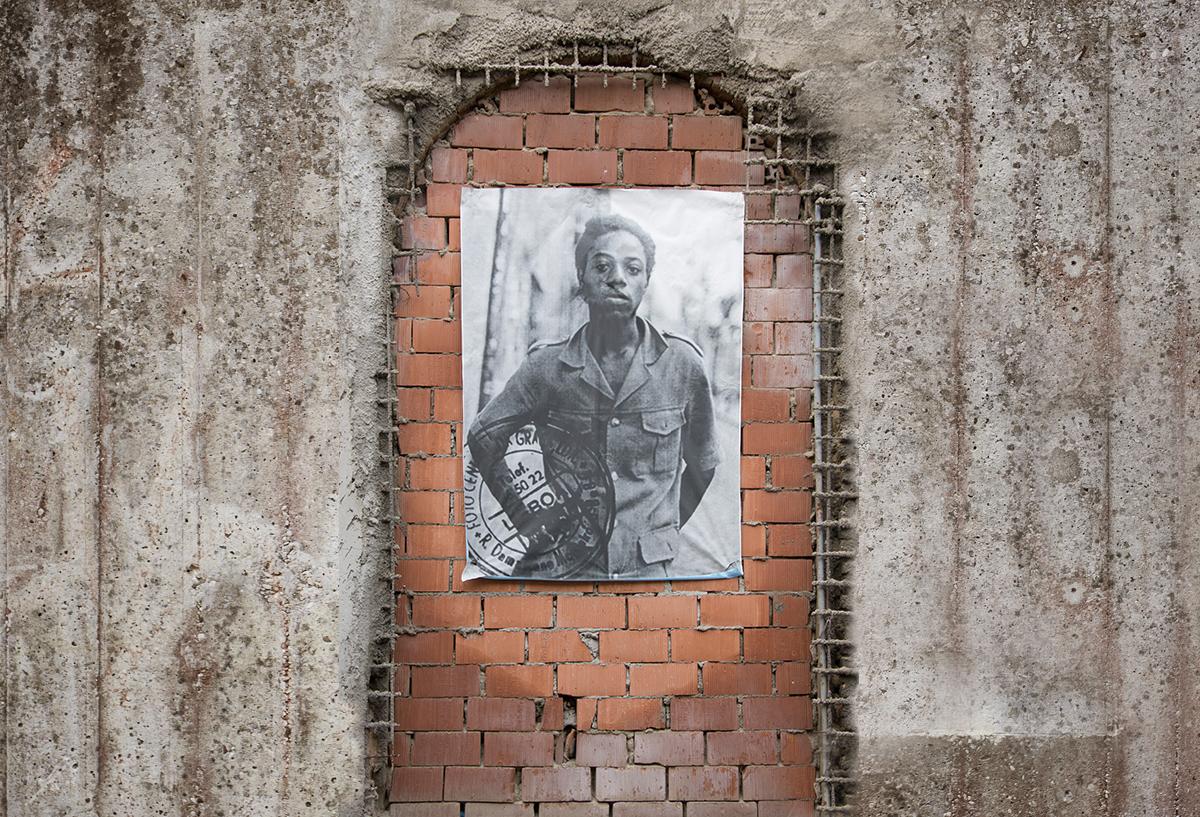
Schengen, Delio Jasse. From the exhibition Black is the color of my true love’s hair, Sant’Orsola. BHMF 2018 photo by Camilla Mecagni
In this month’s Whoever Drinks Black, Earns Color, we propose a form of collective writing through the facilitators who took part in BHMF’s project Fischi per Fiaschi, part of Villa Romana’s Scuola Popolare, to posit anecdotes for engaging each other in listening, our capacity for storytelling, an elaboration of creative expression, a need for political representation and the significance of healing. The series of workshops was accompanied by a re-purposed Tuscan tradition extending back into the 1300s, l’impagliatura dei fiaschi (covering glass bottles with straw). A tradition employing women’s labor as social exchange, the alleviation of the bottles’ fragility becomes a metaphor for enacting social care. Using reflexive verbs as starting points for the perspectives of five Afro-descendent voices from the Italian socio-political panorama, we hope to provide tactical introspection on what needs to be done and strategies for getting there with or without a passport.
Conoscersi
(To know oneself | to know one another | to know each other)
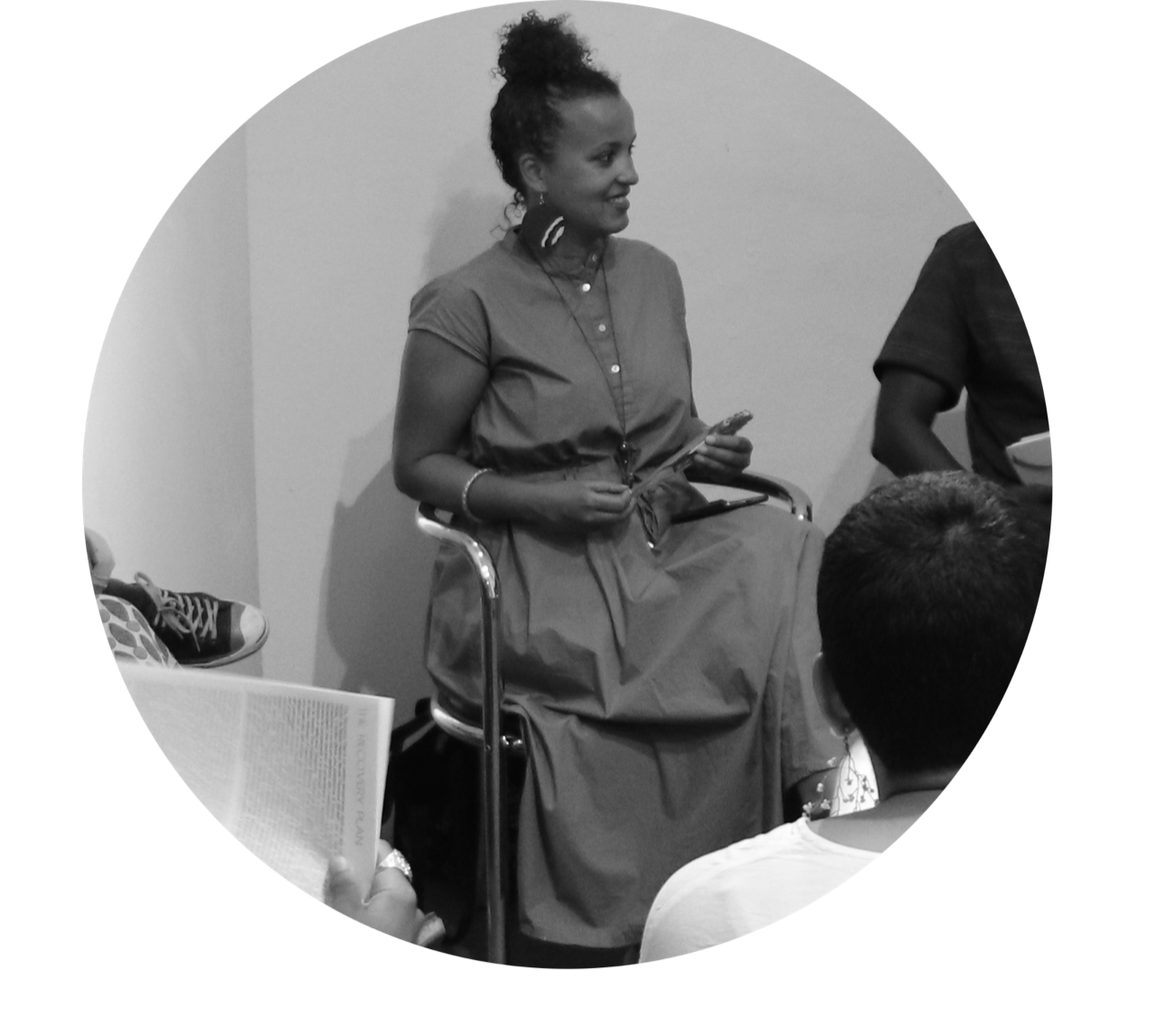
Angelica Pesarini – Sociologist, Professor of Black Italia at NYU Florence
My intervention is about the illustration of some methodological approaches to research in which intersectionality and reflexivity play crucial roles. I pay particular attention to the meeting between researcher and participant in interview processes, a situation in which unbalanced power relations can be produced. If, on the one hand, the participant decides to tell a certain story about one or more life experiences, on the other hand the listener has the power to produce knowledge by organizing the meanings of other people’s experiences in a far from neutral way. In this process, it is essential to recognize one’s own emotions and reflect critically on one’s listening position to avoid imposing oneself on other people’s narratives.
Raccontarsi
(To talk about oneself | to talk about ourselves)
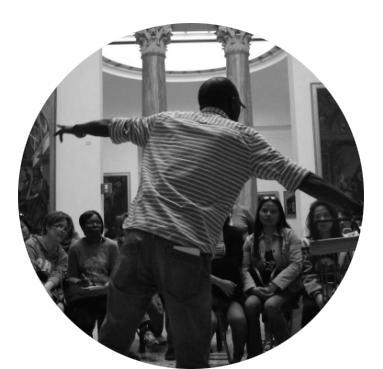
Dudu Kuoate – Griot, musician, cultural mediator, Bergamo
Talking about ourselves can mean informing others about us, but, for many, it means revealing ourselves and offering a part of our story, emotions and feelings. By telling others about us, we tell ourselves. Everyone is a theatre of the rules and values of their own oral tradition representing for the social environment what oxygen is for the biological environment. Storytelling highlights our actions through the use of verbal and non-verbal language and the theatrical representation of our material and immaterial heritage. Re-enacting ancient traditions such as wickerwork (the flask), in a suggestive, generous and shared framework facilitates the awakening of individual and collective memories.
Esprimersi
(To express oneself | to express ourselves)
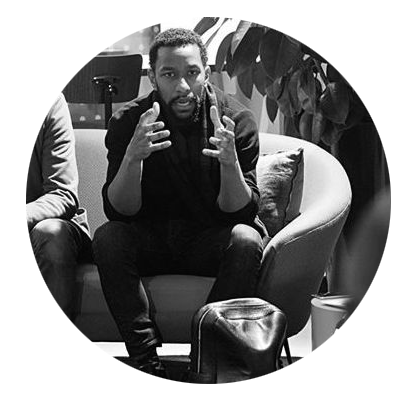
Adama Sanneh – Creativity facilitator, co-founder and CEO of Moleskine Foundation, Milan
Maria Sebregondi, MSKF president, writer and poet, explained how creativity comes from the Latin creare. An etymological theory suggests that the word derives from the ancient Sanskrit root kar, hence the Greek word keiros (hand). Creativity in its connection with a complex tool like the human hand has a link with “doing”, hence with the ignition of a tangible transformative process. It means getting to work. Working requires tools, know-how and knowledge. Creativity, symbolized as “doing” is within everyone’s reach and a collective value. Constraints are also important ingredients, pushing us to tap into unexpected resources re-articulating them into new dynamics and language. In this sense, the lockdown becomes a new limit that can be interpreted as an opportunity for self-exploration and creativity.
Rappresentarsi
(to represent oneself | to represent each other)
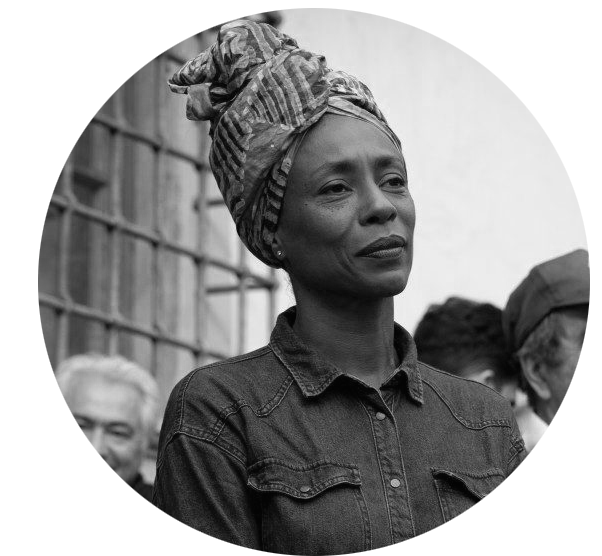
Antonella Bundu – Activist, Florence City Council Member
Fischi per Fiaschi proved to be a reciprocal exchange in which I initiated a discussion, offering thoughts on what representation is in activism and politics, particularly at a local level, of a so-called minority, as a woman and as a black woman (I’d also add as a leftist). From the participants I received ideas that will undoubtedly see the birth of new collaborations and result in concrete actions. This exchange, which lasted one morning, had a complete sense of its own: open space in nature, a circle of chairs emblematic of the mutual desire to learn intertwining concepts as hands learn to weave black straw around bottles.
Curarsi
(healing oneself | caring for ourselves)
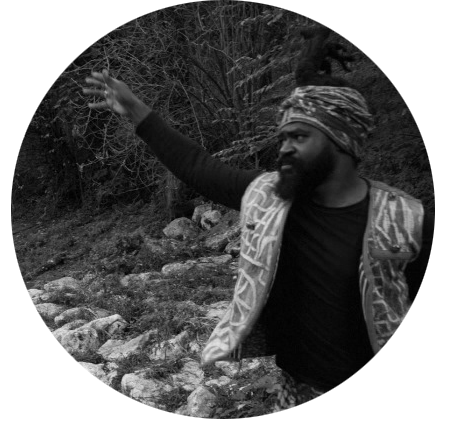
Patrick Joel Tatcheda Yonkeu – Artist, activist, director of Black History Month Bologna
If today, “care” refers only to access to medical treatment, the same cannot be said of the societies that preceded us. It is helpful to reflect upon the word Ubuntu (I am because we are). The intention of my intervention is to highlight the psychological aspect in healing processes handed down across ages by civilizations that have preceded us through a ritual path. In nature, the knowledge governing care is organic and not subject to our social hierarchies. In light of the planetary health crisis, we must change the concept of global care towards organic environmental care.

